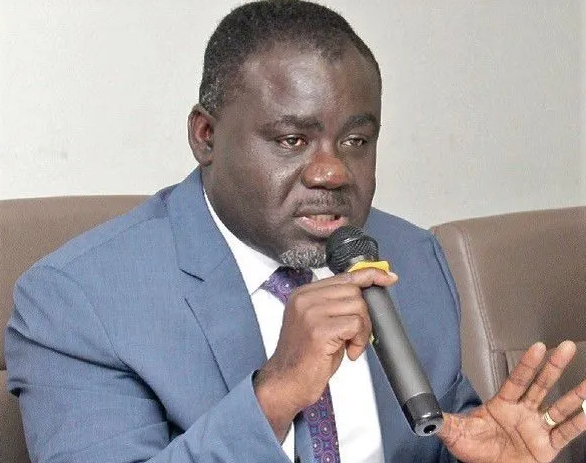The Ghana Shippers’ Authority Bill, 2024, was passed into law by Parliament on Monday, July 29, 2024, after a successful third reading. The new law amends the 50-year-old establishment law, NRCD 254 (1974), and aims to regulate commercial activities of shippers and address unfair and excessive charges.
The Minister for Transport, Kwaku Ofori Asiamah, expressed satisfaction with the passage of the Bill, stating that it will enhance the potency of the Ghana Shippers’ Authority in discharging its statutory mandate.

The Committee on Roads and Transportation noted that exorbitant charges imposed by service providers at sea and air ports hinder business growth and contribute to the rise in prices of goods and services. The new law is expected to enhance transparency and accountability, driving improved revenue generation and collection for national socio-economic growth.
Ghana Shippers’ Authority (GSA) was established in 1974 to regulate commercial activities of shippers and shipping service providers. Over the last five decades, GSA has driven compliance with established standards and guidelines in the commercial shipping sector.
The new law will enable effective regulation of transit trade, balancing the interests of shippers and service providers for enhanced efficiency and competitiveness in international trade. GSA’s Chief Executive Officer, Kwesi Baffour Sarpong, described the amended law as a huge step in the right direction.
Sarpong emphasized that the law will introduce transparency in the determination of port fees and charges, ensuring accountability in the legal movement of international trade cargo across Ghana’s borders. The law aims to make Ghana a preferred transit trade channel for its landlocked neighbors.
The Ghana Shippers’ Authority will be empowered to better adapt to emerging trends and complexities within the shipping and logistics industry, protect the interests of shippers and shipping service providers, and improve regulatory oversight.
The Committee’s report highlights the need for effective regulation of the shipping and logistics sector to guarantee fair pricing and charges for all stakeholders. The Bill will empower GSA to facilitate the charging of fair fees at ports and borders.
Sarpong expressed gratitude to stakeholders, including trade associations, shipping service providers, and government agencies, for their contributions to the Bill. He also thanked the President, Cabinet, and Parliament for their commitment to the cause.
The passage of the Bill is seen as a major win for Ghana in its quest to become the preferred trade hub in the region. Sarpong applauded the Board, Management, and staff of GSA for their input in bringing the new law into being.